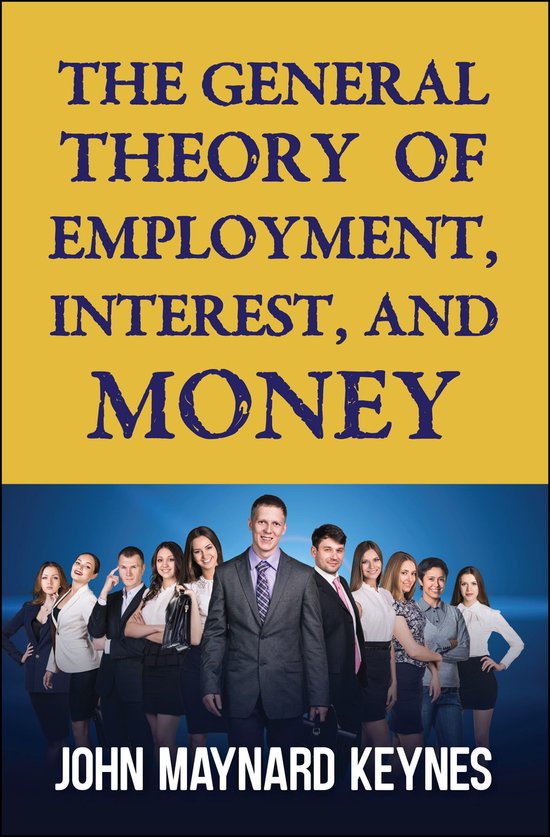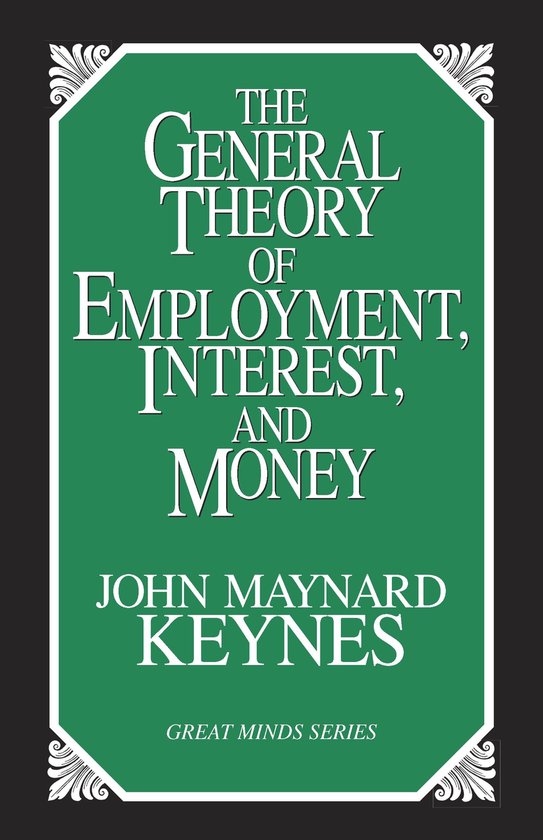
The General Theory of Employment, Interest, and Money
First published in February 1936, ‘The General Theory of Employment, Interest, and Money’ was written by John Maynard Keynes, an English economist, whose ideas fundamentally changed the theory and practice of macroeconomics and the economic policies of governments. Originally trained in mathematics, he built on and greatly refined earlier work on the causes of business cycles. In his groundbreaking book, Keynes claims that traditional economics has misunderstood the causes of unemployment. Employment is not determined by the price of labor; it is directly linked to demand in the economy. Keynes believes market economies are by nature unstable, and so require government intervention. Driven by the social catastrophe of the Great Depression of the 1930s, the book had a lasting impact on both economic theory and state economic policies. Keynes introduced several revolutionary concepts including effective demand, the propensity to consume, the investment multiplier, and the liquidity-preference, to support his arguments in favor of greater state interventionism as a response to financial crises.
| Auteur | | John Maynard Keynes |
| Taal | | Engels |
| Type | | E-book |
| Categorie | | Economie & Financiën |



